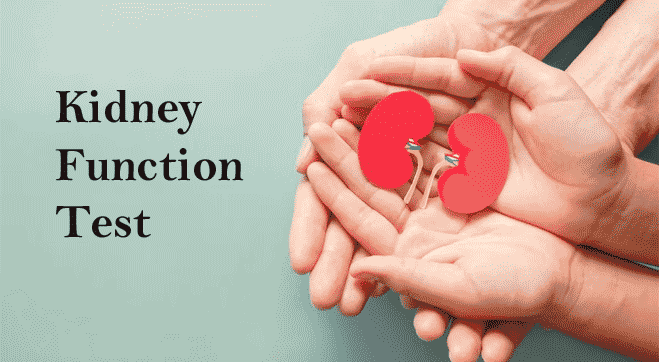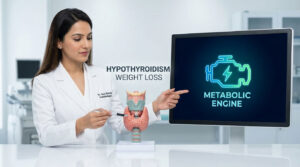Small pair of organs, just about the size of a human fist or an average computer mouse, kidneys are organs which are the natural filters within human body. They solely play a crucial role in controlling the composition of blood and elimination of wastes and toxins via urine while maintaining the blood acid levels along with water and electrolyte homeostasis. A single kidney is at least needed to live, for they filter our blood roughly 400 times a day through their tiny filtering units, nephrons. Apart from these, the unsung heroes of our bodies multitask by aiding in Red blood cells formation by releasing erythropoietin, maintain bone health by activating vitamin D as well as control blood pressure by releasing renin which signals the adrenal glands, thereby regulating vascular tension, fluid volumes and sodium levels.








